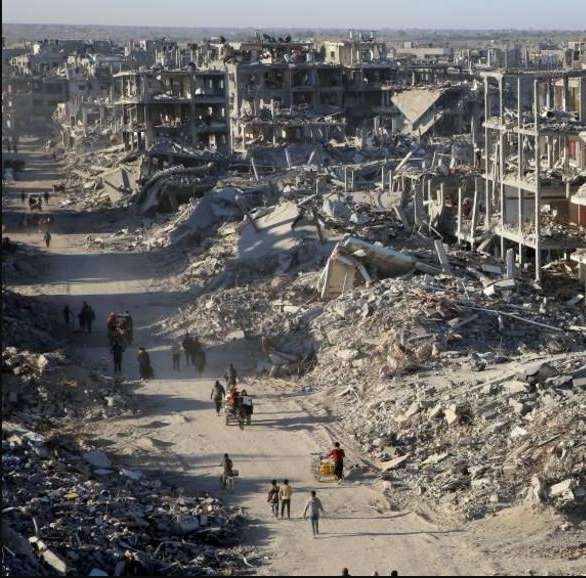Israel Accuses UN Relief Agency of Acting as Hamas Proxy
The escalating crisis in Gaza has reached a critical juncture, exacerbated by Israel’s recent legislation banning the operations of the United Nations Relief and Works Agency for Palestine Refugees (UNRWA). This move has sparked widespread condemnation and raised serious concerns about the future of humanitarian efforts in the besieged territory. UNRWA Commissioner-General Philippe Lazzarini has warned that the ban is a “catastrophic” decision that will have devastating consequences for millions of Palestinians who rely on the agency for essential services, further eroding their trust in international solutions. The legislation prohibits UNRWA operations within Israel and forbids any contact with its officials, effectively crippling the agency’s ability to deliver vital aid and assistance to the vulnerable population of Gaza.
Israel’s justification for this drastic measure stems from accusations linking some UNRWA staff to the October 7 Hamas attack. While the UN conducted an internal investigation and subsequently dismissed nine employees, Israeli officials maintain that the agency has inherent ties to Hamas, with UN envoy Danny Danon labeling it a “front” for the militant group. This claim, however, has been disputed by the UN and international humanitarian organizations, who emphasize UNRWA’s crucial role in providing essential services to Palestinian refugees and maintaining stability in the region. The ban comes amidst a fragile ceasefire between Israel and Hamas, negotiated to facilitate the exchange of hostages. However, the underlying tensions remain palpable, with a profound lack of trust between both sides, casting a dark shadow over the future of Gaza and its reconstruction.
The humanitarian situation in Gaza is already dire, with the recent conflict leaving behind a trail of destruction and exacerbating the existing hardships faced by its residents. Access to essential resources like food, water, and medical supplies is severely limited, and the already fragile infrastructure has been further decimated. The Israeli blockade, which has been in place for over a decade, restricts the movement of people and goods, hindering the delivery of aid and impeding reconstruction efforts. The UNRWA ban further complicates the situation, jeopardizing the delivery of vital services such as education and healthcare to millions of Palestinians.
The current ceasefire offers a glimmer of hope for a more permanent solution, but the path forward remains uncertain. Neither side appears willing to compromise, and the absence of a clear framework for administering and reconstructing Gaza casts doubt on the sustainability of any peace agreement. The international community has expressed grave concerns about the deteriorating situation and urged both sides to engage in constructive dialogue to de-escalate tensions and find a lasting resolution. However, the deep-seated mistrust and conflicting narratives make achieving a meaningful breakthrough a daunting challenge.
The UN has reiterated that Israel, as the occupying power, bears the legal responsibility for ensuring the provision of essential services to the Palestinian population. If UNRWA is permanently disbanded, the burden of providing these services will fall squarely on Israel, further straining the already tense relationship between the two sides. The international community must exert pressure on both Israel and Hamas to uphold their obligations under international law and ensure the protection of civilian lives. A failure to address the root causes of the conflict and find a sustainable solution will only perpetuate the cycle of violence and human suffering in Gaza.
The future of Gaza hangs precariously in the balance. The UNRWA ban, coupled with the ongoing blockade and the lack of trust between Israel and Hamas, presents a formidable obstacle to achieving a lasting peace. The international community must play a more active role in mediating a resolution and ensuring that the basic human rights of the Palestinian people are respected. A comprehensive approach that addresses the political, economic, and security concerns of both sides is essential to preventing further escalation and building a sustainable future for Gaza. The current situation demands urgent action to avert a humanitarian catastrophe and pave the way for a just and lasting peace.
Share this content:












Post Comment